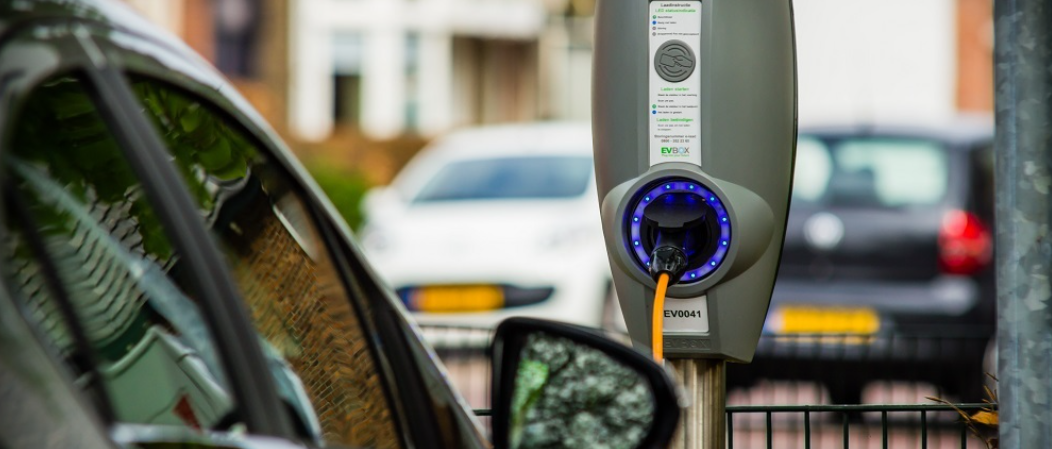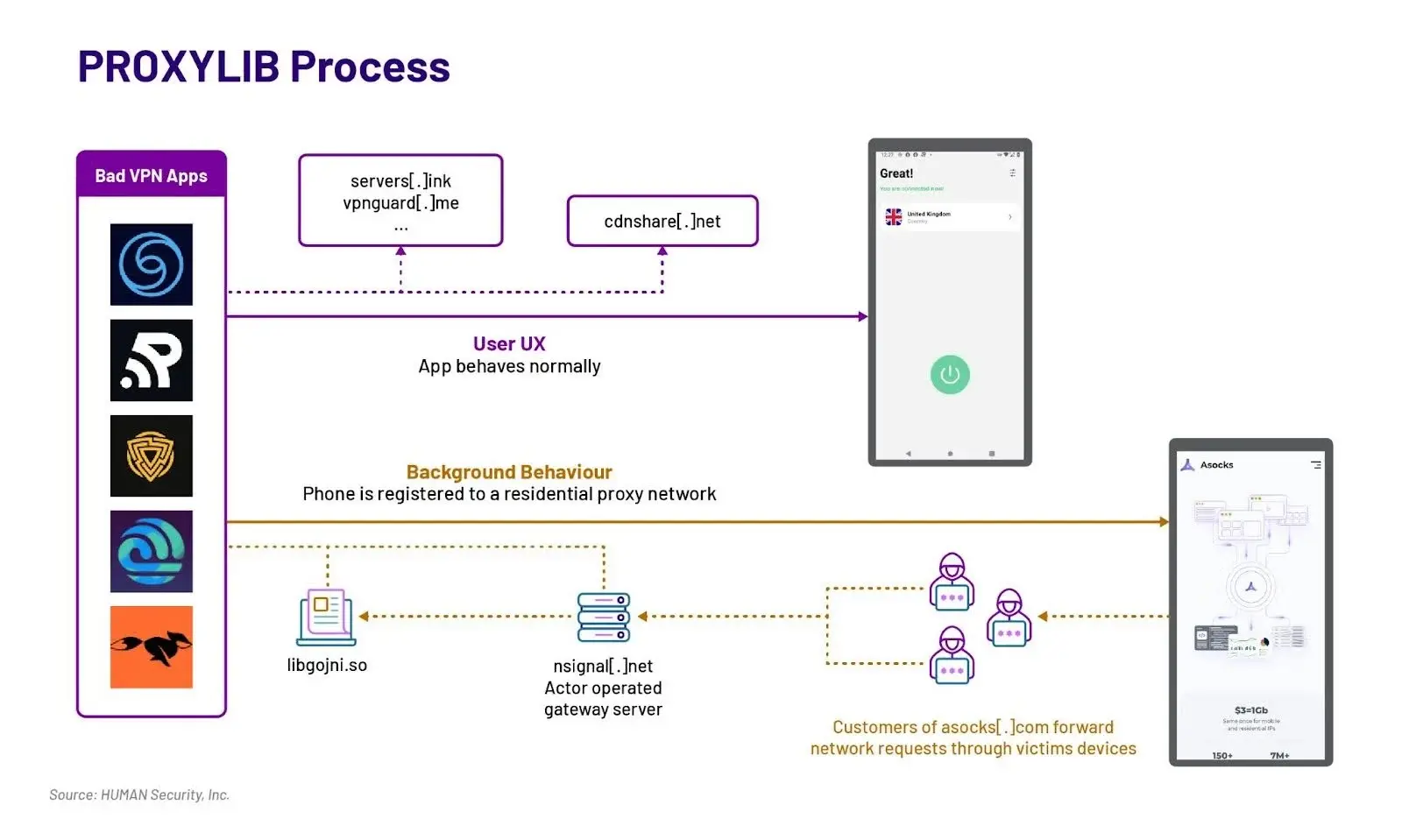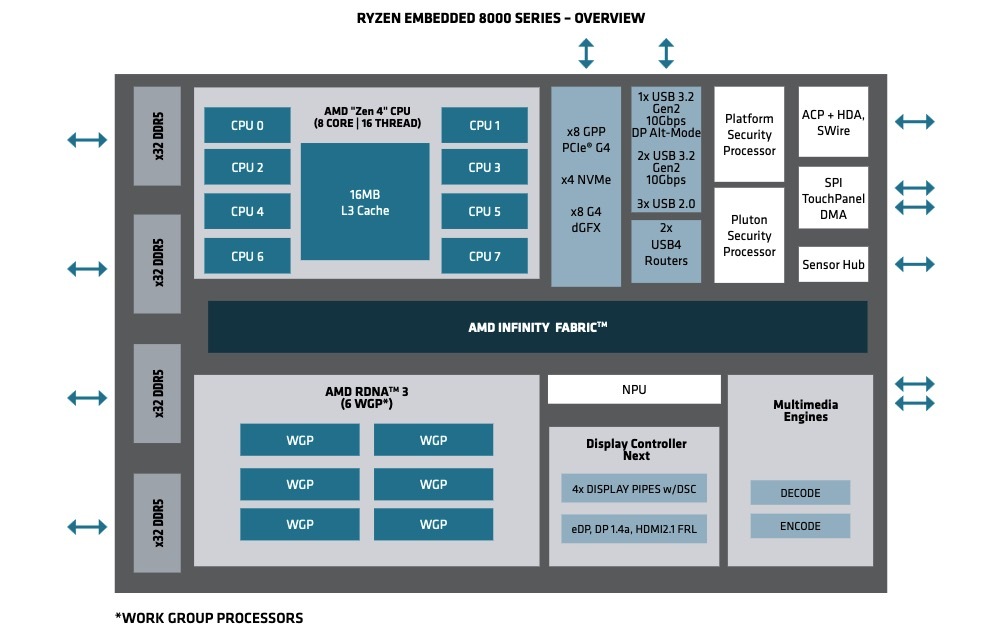Apple has decided to cancel its plans to develop an electric car, as reported by insiders to Bloomberg journalist Mark Gurman. Instead, many of the employees who were working on the car project will now be redirected to Apple's AI division.
The news was internally announced by Apple COO Jeff Williams on Tuesday, according to sources who spoke to Bloomberg. Williams, along with Kevin Lynch who led the car project, broke the news to employees that the project is being phased out. A considerable number of the nearly 2000 employees from the automotive team, also known as the Special Projects Group, will now be transitioning to the company's AI division to work on generative AI. This shift in focus comes as Apple gears up to introduce its first generative AI features in iOS 18 later this year, based on recent confirmations by CEO Tim Cook.
The team involved in the Apple car project also included "several hundred" hardware engineers and car designers, who may now have the opportunity to seek positions in other Apple teams. While there have been reports of layoffs, the exact number of affected employees remains unknown as Apple has not responded to requests for comment from Bloomberg.
Rumors of Apple venturing into the electric car market have circulated for years, with the tech giant beginning work on an EV as early as 2014. The company brought in several key executives for the project, such as Christopher Moore, who previously oversaw Tesla's Autopilot software, and Ulrich Kranz, who had experience at BMW.
In recent years, the project has undergone several changes, including multiple rounds of layoffs and the departure of key leaders. Christopher Moore left Apple in 2022, following the exit of Doug Field a year prior. Field, who formerly worked on the Tesla Model 3, departed to join Ford's EV team. Earlier this year, Bloomberg reported that Apple's EV launch would be postponed until 2028, with reduced ambitions for autonomous driving capabilities. Concerns over profit margins and the substantial annual investment in a project with uncertain outcomes led to the decision to pivot away from the electric car endeavor.
.png)








 English (US)
English (US)